So by now, you’re probably wondering which is the best clarifying shampoo for you to use. I’d recommend looking into the different types available: some double as flaky scalp care, and some focus on using active ingredients like charcoal, but not every kind can promise to work with your specific needs (or even be good for you, since intense formulas can actually end up over-stripping your strands if you already have dry hair).
When my scalp needs a good reset, I turn to the SOLU family for backup, with its different levels of cleaning. First, there’s the classic SOLU clarifying shampoo. While this rich foaming shampoo is designed to remove build-up, you’re still left with hair that’s refreshed, soft, and shiny. This efficient level of cleaning was best described by Eva Alt at Into the Gloss: “I can fully attest that there was not a single strand of hair on my head that felt crunchy or crusty after using.” But if you’re really looking to scrub that scalp, there’s the SOLU Sea Salt Scrub Cleanser. This gentle scrub removes residue while also adding a texturizing effect to your hair, leaving you with beautifully voluminous strands. And while actual vacations may be out of the question for the foreseeable future, you can mentally transport yourself to the Sicilian coast with a rich scalp massage.



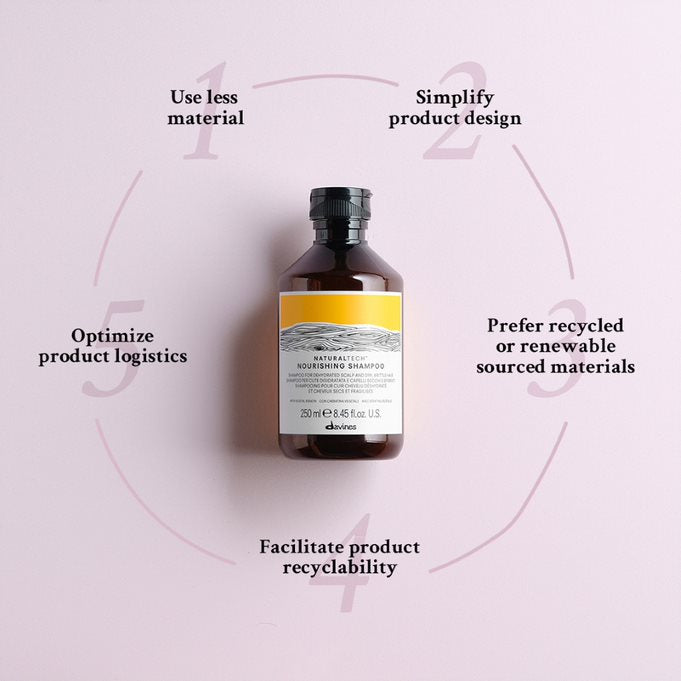
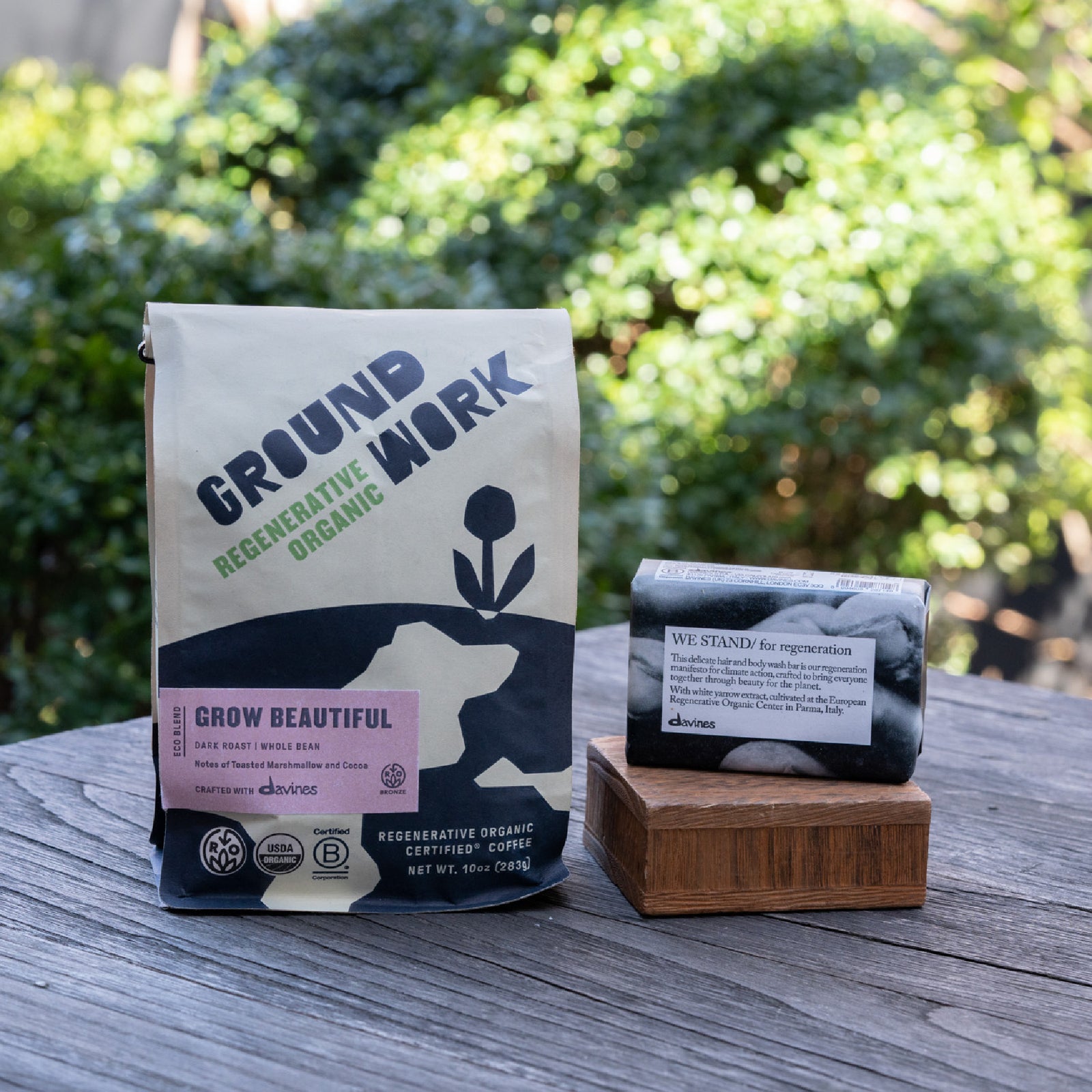
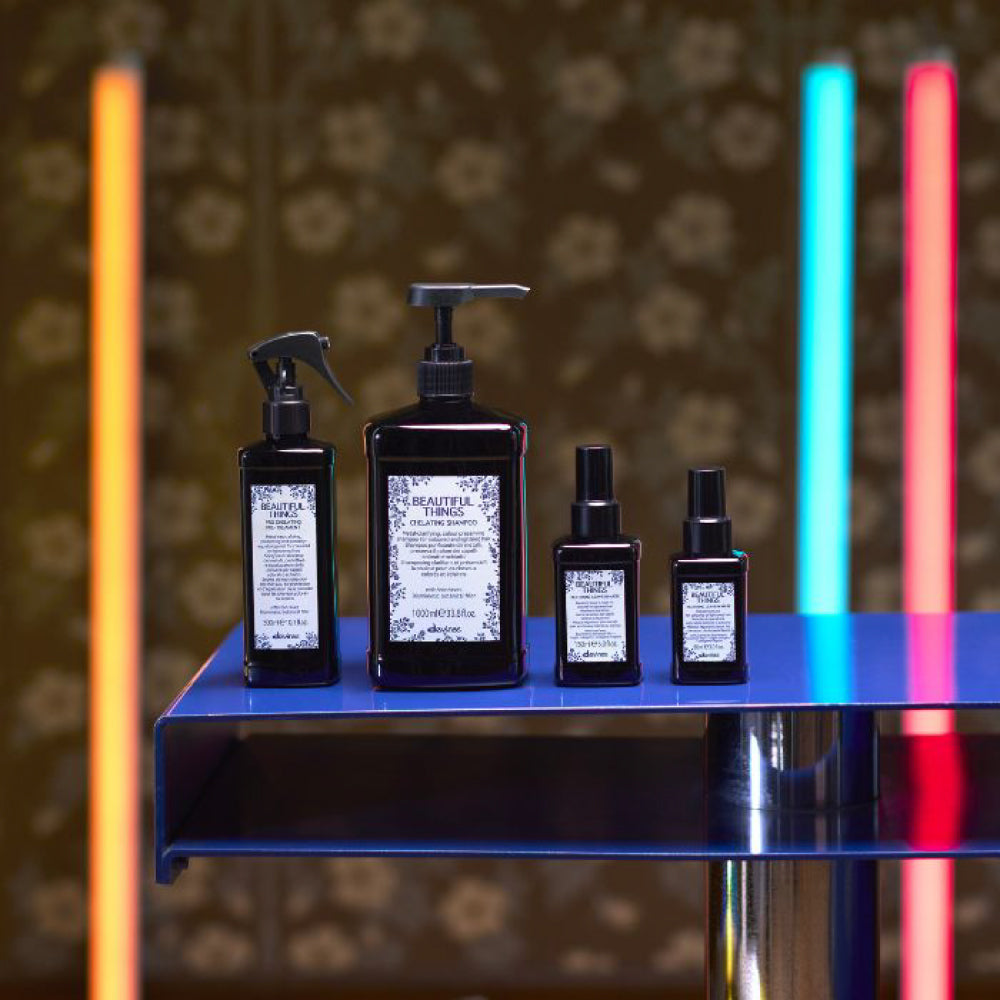
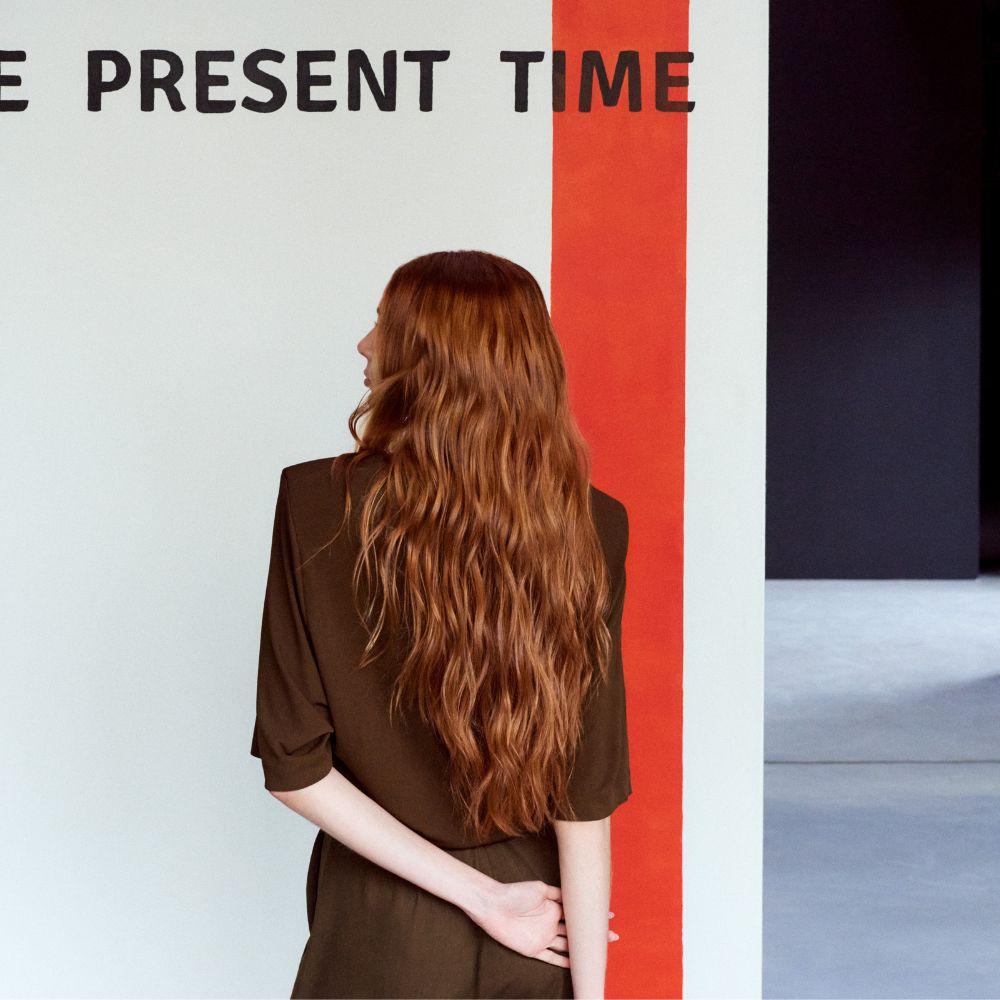
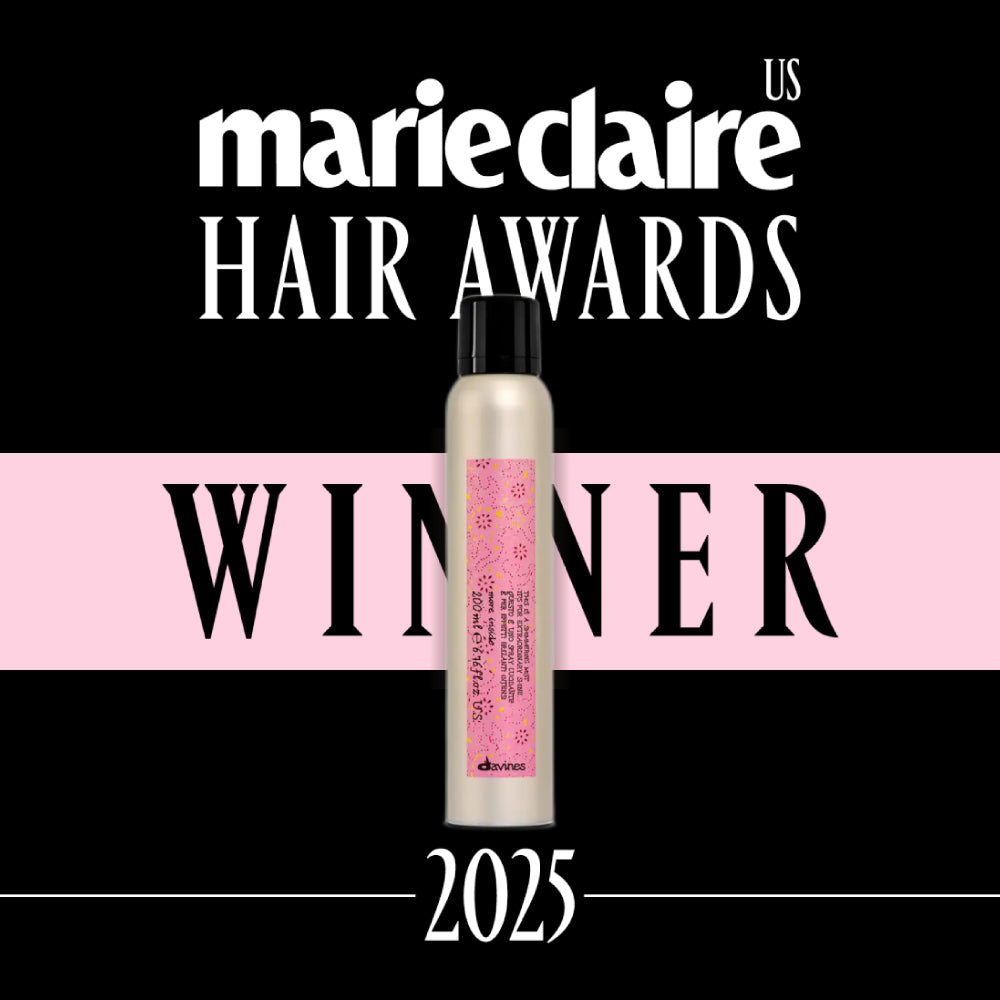
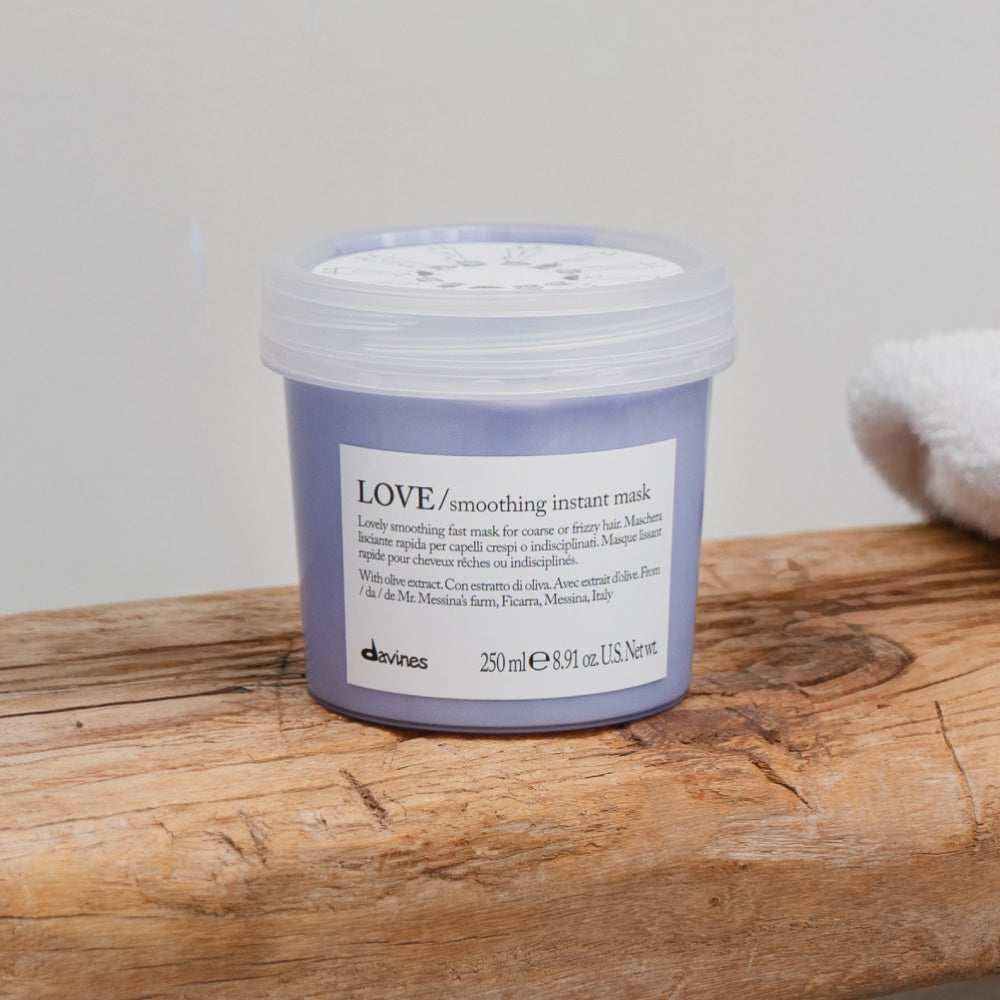
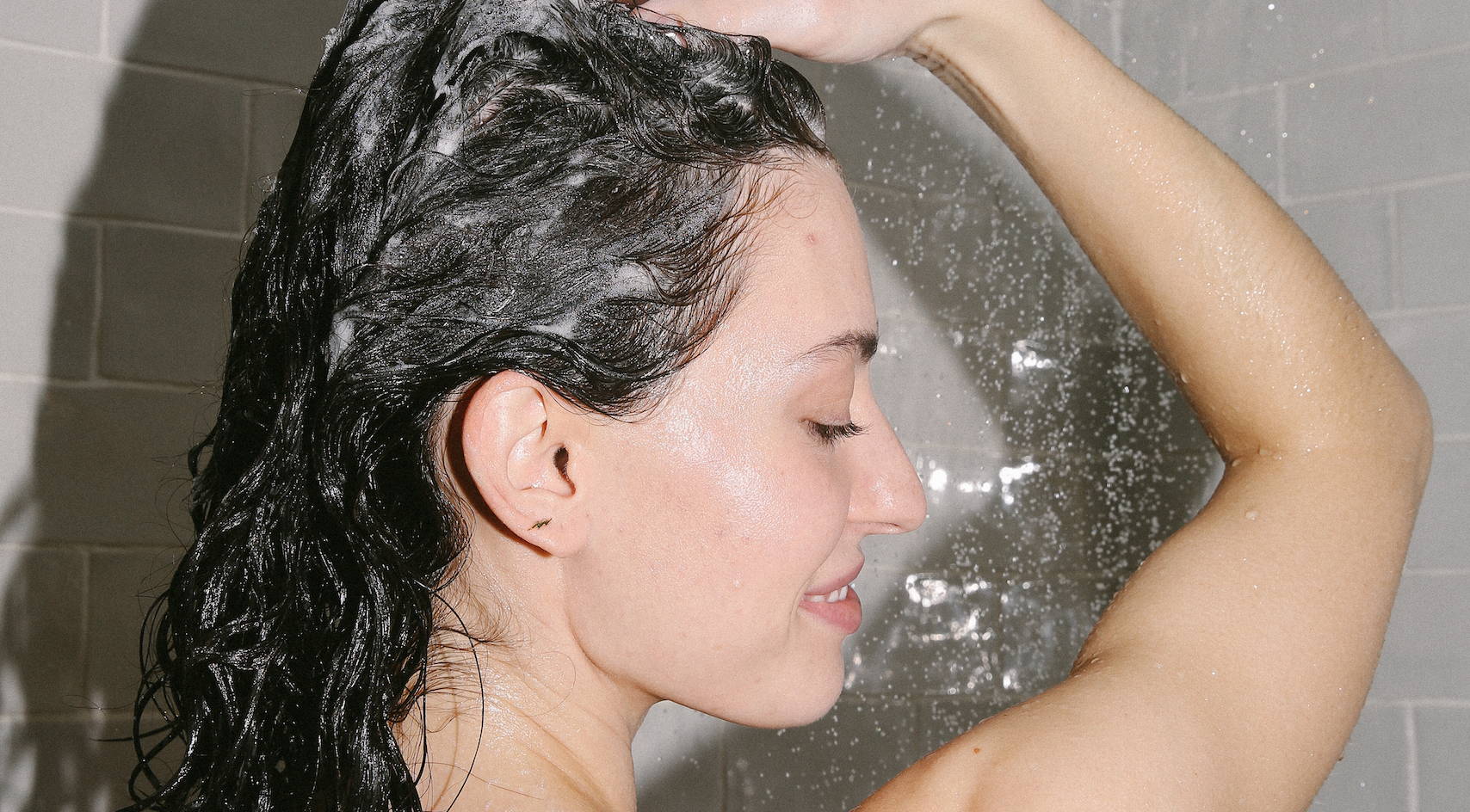
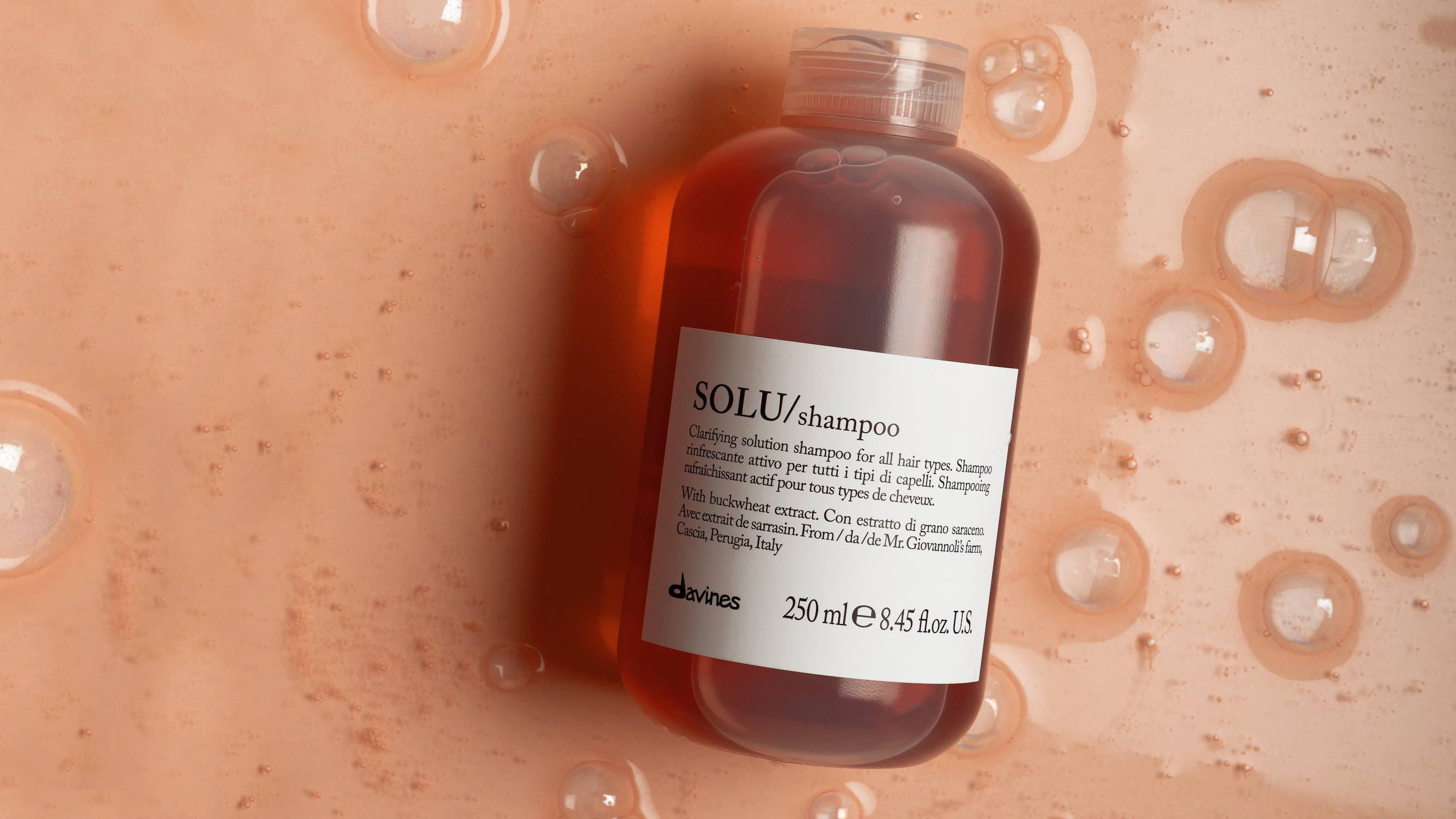
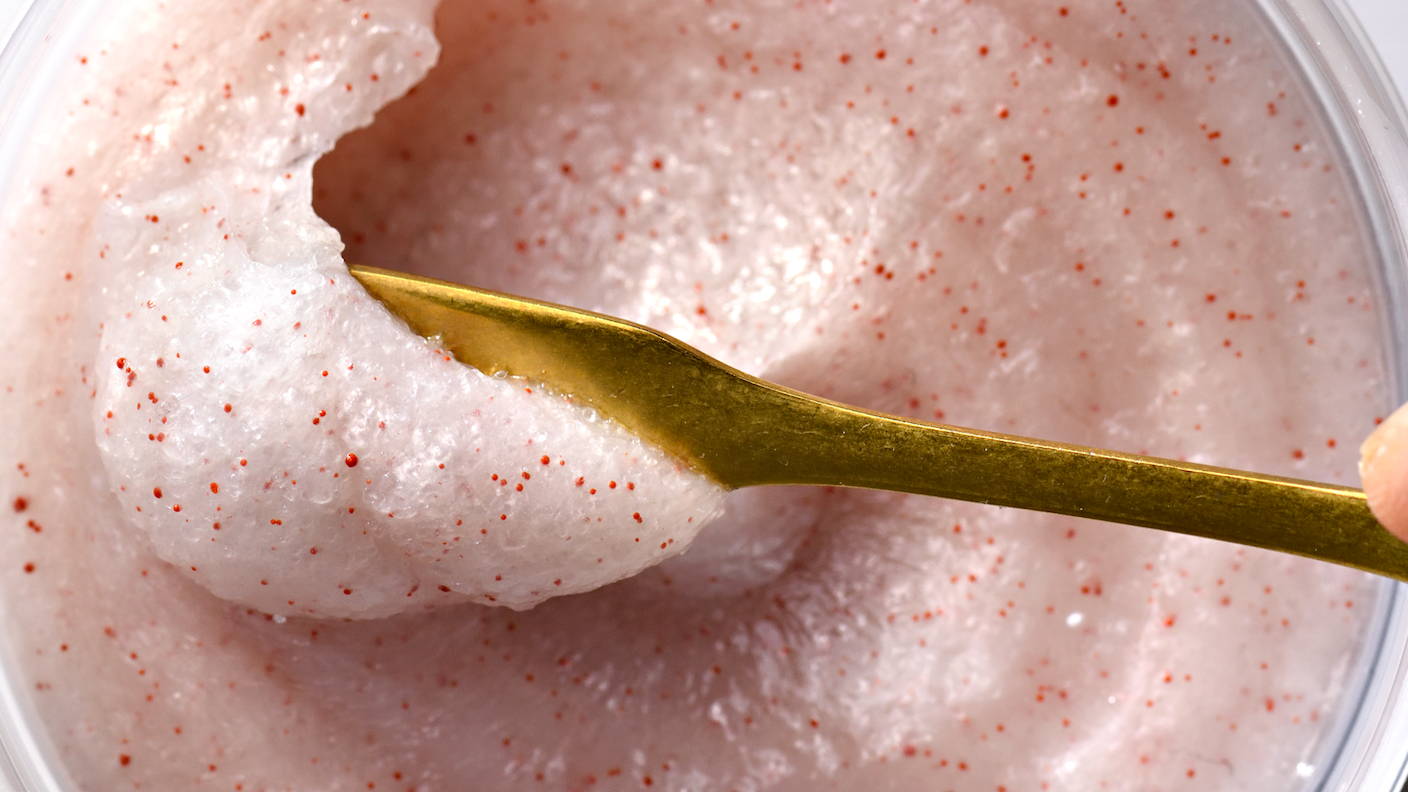


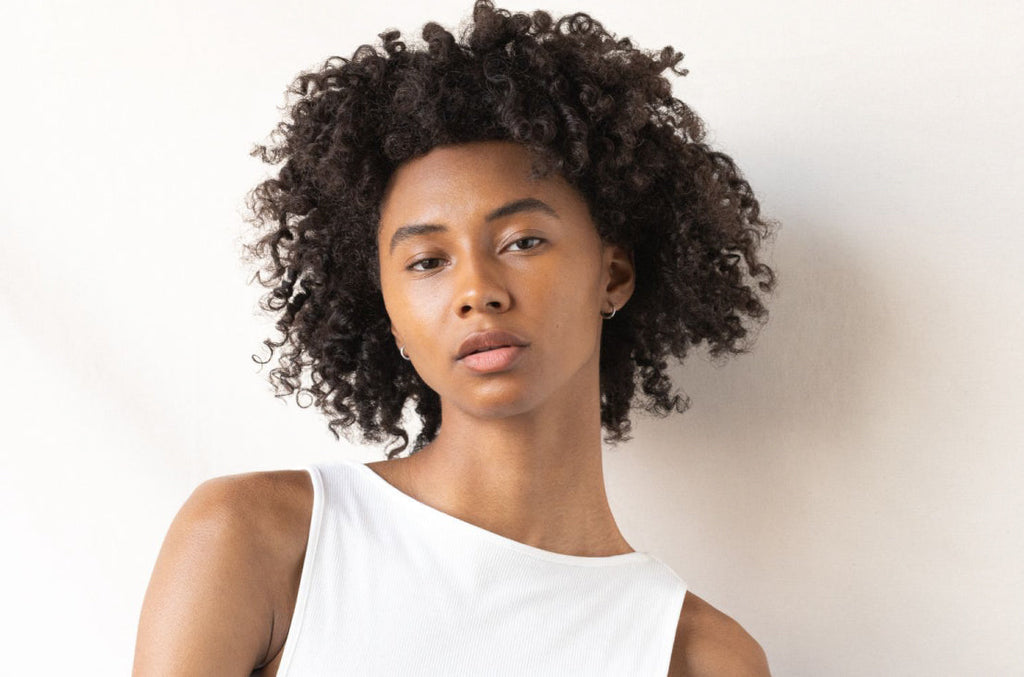
1 Comment
1 Response
Lauren Katz
October 21, 2022
Do you by chance offer any samples of your clarifying shampoo?
Leave a comment
Comments will be approved before showing up.